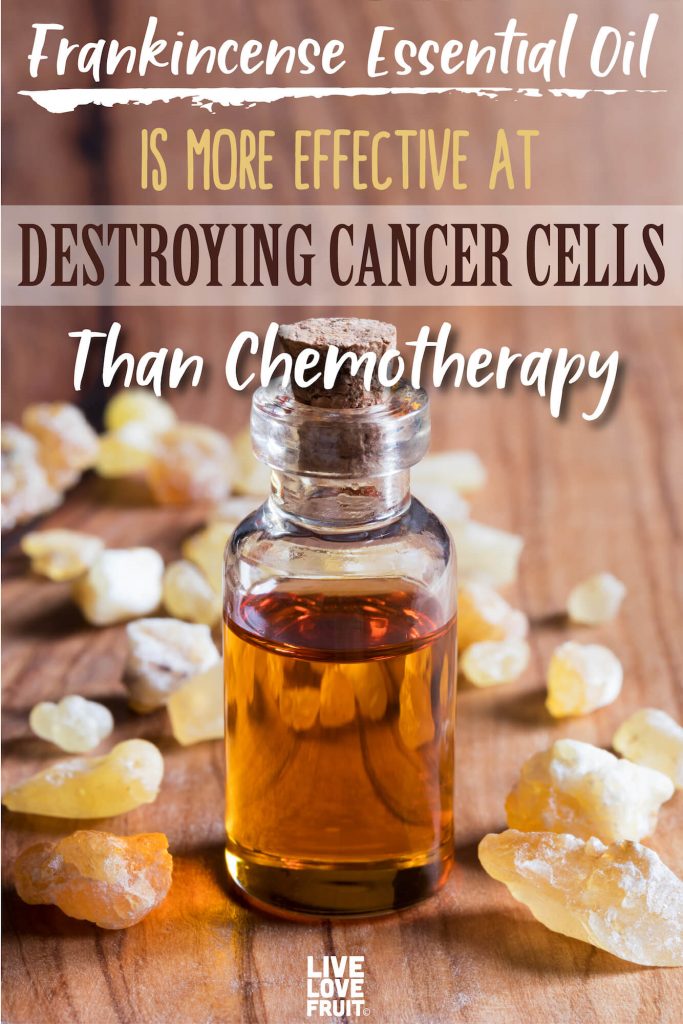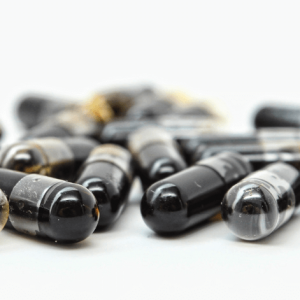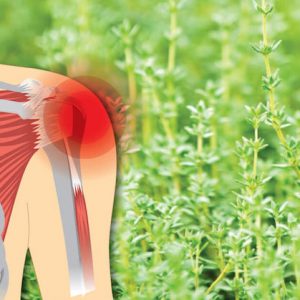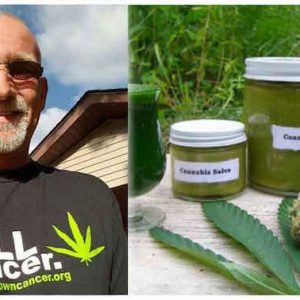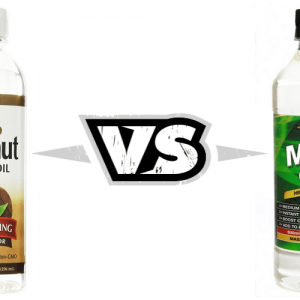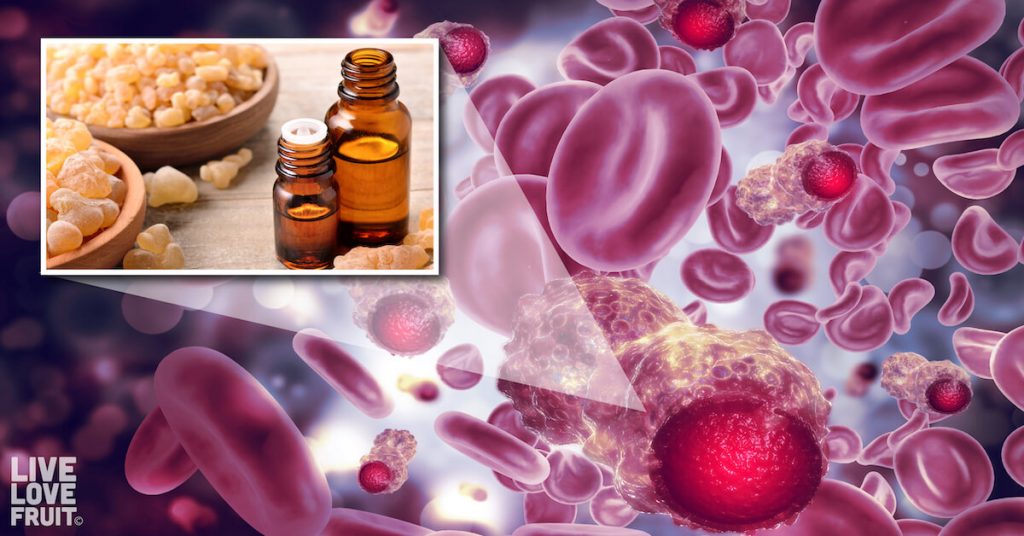
Essential oils have been used for thousands of years for their healing properties. In fact, evidence and recorded history have both shown that Egyptians used aromatic oils as early as 4500 B.C.E (1). Back in those days, Egyptians would purchase entire boatloads of frankincense resin from the Phoenicians to use it in incense, insect repellent, perfume, and salves for wounds and sores (2).
Now, some research has suggested that frankincense oil may be a natural way to treat certain kinds of cancer, begging the question – how do you use frankincense oil for cancer?
Frankincense also comes with a myriad of other health benefits such as helping to control bleeding, speeding the wound-healing process, improving oral health, fighting inflammatory conditions like arthritis, improving uterine health and even acting as a natural anti-depressant.
What is Frankincense?
Frankincense comes from the resin of trees in the Boswellia genus (Boswellia sacra, Boswellia carterii, Boswellia frereana or Boswellia serrata). These trees grow in Oman, Yemen, and the Horn of Africa, including Somalia and Ethiopia (3). Frankincense has been traded in Oman for thousands of years, and shipped on boats to the Mediterranean, India and China.
The lemony, musky odor of frankincense makes it a favorite among many. Traditionally, frankincense was used as incense in ancient rituals because of its promise to bring tremendous healing properties to those it touched. Priests, rabbis, and other medicine healers around the world (particularly those of the Middle East) appreciated the oil for its antiseptic, anti-inflammatory and rejuvenating properties (4).
Historically, burning the resin was used as a tool to vanquish negative energies or to hold evil spirits at bay. For this reason, frankincense can often be found in churches and temples to this very day.
Several of the active constituents found in the Boswellia genus have stood out as being the most beneficial, including terpenes and boswellic acids, strong anti-inflammatories that protect our cells (5). The different species within the Boswellia genus come with different concentrations of beneficial active compounds.
Boswellia carterii is high in alpha-pinene, as well as a number of other monoterpenes to help boost the immune system. It is often used for skin issues, not only helping reversing the damage caused by UV rays, but rejuvenating the skin, eliminating scars and evening out blemishes.
Boswellia frereana is grown at a higher altitude, giving it a unique chemical makeup. This Boswellia variety is high in pinene, thujene, and cymene, allowing it to work as an effective anti-inflammatory, anti-bacterial, anti-spasmodic, and analgesic.
Boswellia sacra contains the highest amount of alpha-pinene, making it an incredible anti-inflammatory. It’s good for alleviating pains associated with arthritis and other joint-related issues.
Boswellia serrata is high in natural constituents called alpha thujene, alpha-pinene, and limonene. These compounds belong to the monoterpene family, making the serrata variety a powerful antiseptic, decongestant, and anti-inflammatory agent.
Also, for those who don’t know, cancer is often rooted in inflammation. It’s the major anti-inflammatory effects of frankincense that make it so potent when fighting cancer.
Frankincense Essential Oil and Cancer
While research on frankincense and cancer is in the early stages, current results appear promising. The best part about frankincense is that it doesn’t harm healthy cells (unlike chemotherapy), and has no severe side effects. Some studies have even found that it can kill off chemo-resistant cancer cells.
Researchers in China investigated the anti-cancer effects of frankincense and myrrh oils on five tumor cell lines in a lab study. The results showed that human breast and skin cancer cell lines showed increased sensitivity to the combination of myrrh and frankincense oils (6).
Another study performed by researchers at Leicester University found that a chemical in frankincense, known as acetyl-11-keto-beta-boswellic acid (AKBA), has the ability to destroy cancer cells (7). The researchers from the study believe it could be effective at treating cancers of the colon, ovaries, prostate and breast. The study found that frankincense was effective at treating late-stage ovarian cancer, a notoriously difficult-to-treat cancer sub-type. Even cancer cells that were resistant to chemotherapy eventually withered away when exposed to AKBA.
The researchers made note that frankincense could help overcome drug resistance, and that it could also lead to an improved survival rate for patients with late-stage ovarian cancer.
Kamla Al-Salmani, lead researcher of the study, said (8):
After a year of studying the AKBA compound with ovarian cancer cell lines in vitro, we have been able to show it is effective at killing the cancer cells. Frankincense is taken by many people with no known side effects. This finding has enormous potential to be taken to a clinical trial in the future and developed into an additional treatment for ovarian cancer.
Extracts from Boswellia species gum resins have also been found to possess anti-proliferative and pro-apoptotic activities in human leukemia cell lines (9). Clinically, extract from the resin reduces peritumoral edema in glioblastoma patients (10), and has also been shown to reverse multiple brain metastases in a breast cancer patient (11).
AKBA, the most potent anti-inflammatory component of Boswellia resins (mentioned in the study described above), have in addition shown their cytostatic and apoptotic effects in multiple human cancer cell lines including meningioma cells (12), leukemia cells (13), hepatoma cells (14), melanoma cells, fibrosarcoma cells (15), and colon cancer cells (16).
According to this study, frankincense essential oil “appears to distinguish cancerous from normal bladder cells and suppress cancer cell viability.” Moreover, they identified multiple pathways that can be activated by frankincense oil to induce bladder cancer cell death. The researchers state that “frankincense oil might represent an alternative intravesical agent for bladder cancer treatment.” For those who don’t know, intravesical therapy works by delivering a liquid “drug” (or in this case, liquid suspension of frankincense extract) right into your bladder.
A recent study published in the journal Oncotarget also found that frankincense essential oil has anti-melanoma activity in in vitro and in vivo models (17).
Frankincense Essential Oil and Arthritic Pain
As we’ve seen throughout this article, frankincense does some powerful work at reducing inflammation in the body. A 2006 study published in Planta Medica, showed a number of ways that boswellic acid in frankincense might fight inflammation.
By inhibiting the production of key inflammatory molecules, frankincense can be useful in helping prevent the breakdown of cartilage tissue, and alleviate symptoms in those suffering from arthritis. Cardiff University scientists believe that they have been able to demonstrate that treatment with an extract of Boswellia frereana inhibits the production of key inflammatory molecules, which helps prevent the breakdown of the cartilage tissue which causes the condition (18).
Dr. Ahmed Ali, co-investigative Professor of the Compton Group said in a statement:
The search for new drugs to alleviate the symptoms of conditions like inflammatory arthritis and osteoarthritis is a priority area for scientists. What our research has managed to achieve is to use innovative chemical extraction techniques to determine the active ingredient in frankincense….
Having done this we are now able to further characterise the chemical entity and compare its success against other anti-inflammatory drugs used for treating the condition.
So far, many anecdotal reports (and age-long knowledge) have confirmed the ability of frankincense to help dampen inflammation in those suffering from joint-related conditions like arthritis.
Best Frankincense Oil and Extracts for Cancer and Arthritic Pain
There are many great brands of essential oil out there, but I personally use Eden’s Garden, as the quality and potency of their oils is incredible. Eden’s Garden also carries the different species of Boswellia, so you can choose whichever species fits your needs.
The oils below are good for fighting cancers that are external (such as skin cancer), and treating inflammatory pain (like arthritis). Since it is not advised to consume essential oils, I only recommend using these topically:
• Boswellia carterii is good for skin damage (including skin cancer), and eliminating scars. It also helps ease inflammatory conditions like arthritis.
• Boswellia serrata is good for treating arthritis and inflammatory conditions, and is also a good anti-fungal and anti-bacterial.
• Boswellia frereana is good for reducing inflammation and also acts as an anti-bacterial and anti-spasmodic.
• Boswellia sacra is also high in powerful anti-inflammatories, making it great for any condition involving inflammation (such as arthritis).
Frankincense extracts contain higher concentrations of cancer-fighting boswellic acid (around 40-60%, compared to 3% in essential oils (according to this article)). Frankincense extracts can also be taken internally, so they’re more effective at fighting internal cancers. However, please note that studies mentioned above have found success treating cancer cells with frankincense essential oil (you can find that article again here).
Secrets of The Tribe makes a frankincense extract that is alcohol-free, and organic. It is also vegan, and GMO-free.
Harmonic Arts also make a frankincense extract, but it is extracted with alcohol, which I usually try to avoid when it comes to tinctures.
